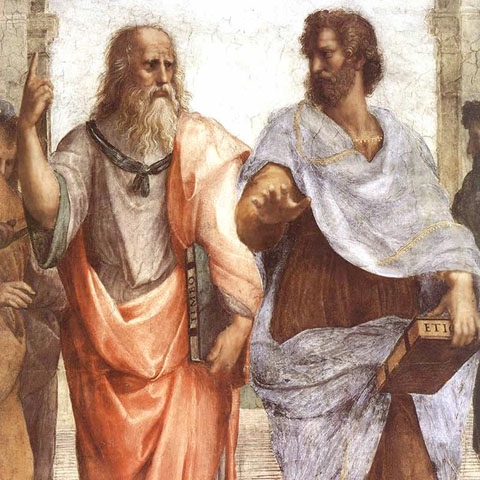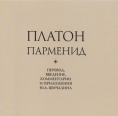-

“Dialogues” by Plato
in the new translation
-
Address:
Moscow , г. Москва
“Dialogues” by Plato always were on of the fundamentals of European and, particularly Russian culture. In Russia, the philosopher’s texts were first translated as early as in the beginning of the XVI century, but this work became systematic only in starting from the XVIII century. The last complete publication of Plato’s writings dates back to 60-70s of the XX century, it was republished in the beginning of 90s, and then in 2005-2007. Currently, it is assumed that there are four “generations” of the Russian translations of Plato’s works, while Western Plato studies amounts to several dozens of translations. Change of scientific approach to the Plato’s work, presence of ideas being quite similar to the ideas of contemporary philosophy (phenomenology, philosophy of language, essential political and ethical views), the fact that the translators of the Soviet era lacked the sufficient experience of translation of neo-Platonic tractates and possibilities for examination of new Plato studies and foreign translations resulted in necessity to create the new Russian context of Plato’s writings.
Therefore, in 2012 the works for translation of Plato’s writings by specialists of the Center of Antique and Ancient Greek Philosophy of the Russian Academy of Sciences, educational and scientific institute “The Russian School of Anthropology” of the Russian State University for the Humanities, the Moscow “Greco-Latin Cabinet” and Saint-Petersburg Plato Philosophic Society have started in 2012 with support of Sobranie Fund. The following dialogues were selected for translation: “Sophist”, “Theaetetus”, “Parmenides”, “Politician”, “Phaedrus”.
In 2017, the “Dialogues” by Plato were published. Like other books, prepared as part of the “Plato’s Heritage” series, the translation of “Parmenides” dialogue represents the research, covering a wide range of topics, related to the published text. It was supplemented with extensive comments, an addendum and index. All this would allow the reader to more deeply perceive all the richness of Plato’s ideas and his philosophical language, as well as receive in-depth insight into the context of the contemporary Plato studies and the study of antiquity. The book is intended for the broad audience – both the experts in the history of philosophy and all other readers, interested in the history of antique culture and its heritage.
-
2025
Lecture series on art
-
2012
The Russian Museum. Satka
-
2019
MAMM

